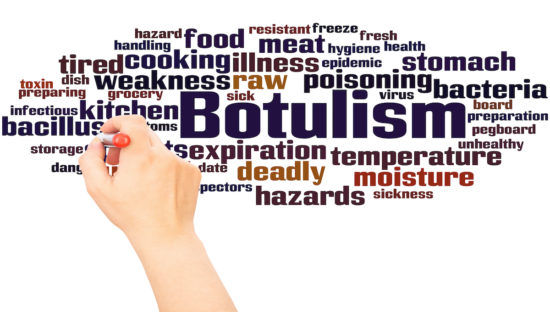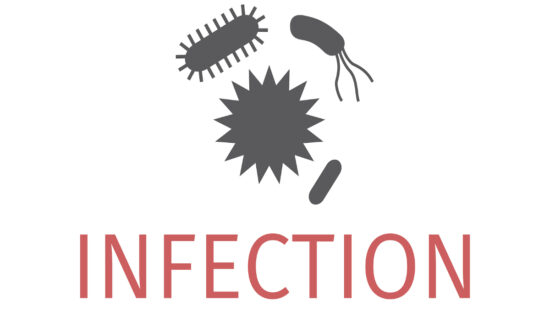Two recent studies have highlighted the dangers of foodborne botulism from homemade food.
In the first, a family cluster of botulism in China was associated with the consumption of homemade fermented eggs.
All affected people showed symptoms of botulism, including vomiting, restricted eye movement, progressive limb muscle weakness, and other neurological signs.
According to the study, published in the journal Frontiers in Medicine, laboratory testing confirmed the presence of Clostridium botulinum type A toxin.
Both patients received supportive care, with one case requiring management during pregnancy. Antitoxin therapy was not administered because of delayed recognition, but both patients recovered and were discharged without complications. The pregnant woman later delivered a healthy baby.
Food contaminated with Clostridium botulinum spores can become hazardous when stored under conditions that favor bacterial growth, such as low oxygen, low acidity (pH > 4.5), low salt and sugar content, and temperatures ranging from 37 to 99 degrees F.
Pregnancy factor
The first patient, a 23-year-old pregnant woman, was admitted to a hospital in August 2024. One week prior to admission, she experienced vomiting after consuming eggs. She was initially treated at a local hospital but the cause was not identified, and she was referred to another hospital.
Based on a review of her medical history, the cause was suspected to be foodborne botulism resulting from eating improperly preserved homemade eggs.
The second patient, a 47-year-old woman, complained of dizziness, blurred vision, and dysphagia persisting for 10 days.
Food samples of the eggs were tested at the Center for Disease Control and Prevention and were positive for Clostridium botulinum type A. The patient developed symptoms 12 hours after ingestion.
“Outbreaks linked to egg consumption are rarely reported, and cases occurring during pregnancy are even less common, posing unique diagnostic and therapeutic challenges,” said researchers.
Botulism from dairy
The second study describes botulism in three family members — including a pregnant woman — following the consumption of homemade dairy products.
All presented with varying degrees of neurological and respiratory symptoms. Two required intubation and intensive care. Laboratory findings confirmed neurotoxin type A in stool and gastric samples. Early administration of a horse-derived trivalent botulinum antitoxin and supportive care resulted in recovery.
Testing for botulinum neurotoxin was conducted at the National Reference Laboratory for Foodborne Diseases, Pasteur Institute of Iran. Results were reported in the International Medical Case Reports journal.
Three members of the same household consumed curd and yogurt and were admitted to a public health center with symptoms consistent with botulism.
A 60-year-old woman was taken to the emergency department of Imam Reza Hospital, Mashhad, because of loss of consciousness and respiratory failure. She required immediate intubation for airway protection and mechanical ventilation.
The first patient’s daughter, a 32-year-old pregnant woman, went to the emergency department with fatigue, blurred vision, and dyspnea. Antitoxin was provided on day 2. The delay was because of diagnostic uncertainty at admission. She was admitted to the intensive care unit (ICU) for close monitoring, including mechanical ventilation.
Four days after the hospitalization of his mother and sister, a 28-year-old man went to the emergency department. Based on the clinical picture and family history, a single dose of trivalent botulism antitoxin was administered promptly.
The mother and her pregnant daughter developed severe respiratory compromise requiring intubation and ICU admission, while the son had milder symptoms. The mother and sister recovered after seven days of intensive care.
“This study underscores the critical challenges in diagnosing and managing foodborne botulism in resource-limited healthcare settings. Public health education focusing on the risks of home-prepared food products, especially unpasteurized or improperly stored dairy, is essential,” said scientists.
(To sign up for a free subscription to Food Safety News, click here)



